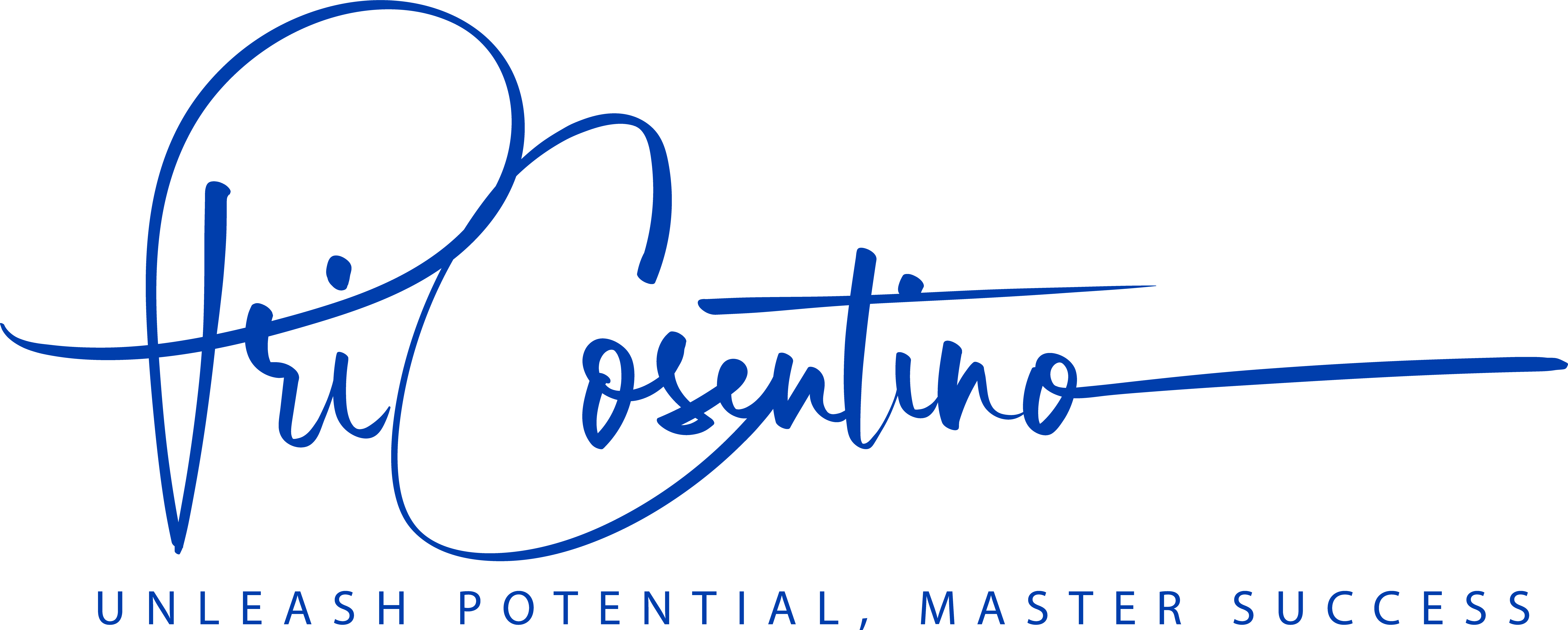Hi Guys!
Pri Here
Do you know the difference between Coaching and Mentorship?
Coaching and mentorship are two powerful approaches in the realm of personal and professional development. Both aim to unlock potential, but they do so in distinct ways. Understanding the nuances between coaching and mentorship can help individuals and organizations choose the path that best aligns with their goals and needs.
Coaching: Unleashing Potential Through Structured Guidance
Coaching is a structured process focused on achieving specific, short-term goals. It’s about unlocking a person’s potential to maximize their performance. Coaches work with clients to identify and overcome obstacles, develop skills, and make significant changes to their professional and personal lives. My approach to coaching, deeply rooted in the Integral Systemic Coaching methodology, exemplifies this process. It is holistic, addressing cognitive, emotional, physical, and spiritual dimensions to facilitate comprehensive development. This methodology emphasizes the importance of beliefs and values in influencing behavior and decision-making, ensuring that growth is aligned with the individual’s core principles.
Mentorship: Nurturing Growth Through Wisdom and Experience
Mentorship, on the other hand, is a more informal relationship that spans a longer duration. It’s about sharing knowledge, experiences, and advice to guide a mentee’s career and personal growth. Mentors provide support, encourage reflection, and open doors to new opportunities. The relationship is built on trust and mutual respect, often evolving over time as the mentee’s needs and goals change. Mentorship is less about achieving specific goals and more about overall development and guidance through the complexities of a career or life path.
Key Differences: Structure, Scope, and Relationship Dynamics
The primary difference between coaching and mentorship lies in their structure and scope. Coaching is goal-oriented, time-bound, and often revolves around specific development areas. It’s a professional service, where coaches apply evidence-based methodologies to facilitate growth. Mentorship is broader in scope, focusing on long-term development with advice and guidance based on the mentor’s experiences.
Another distinction is the relationship dynamics. Coaching relationships are professional, with clear boundaries and objectives. Mentorship relationships can be more personal and flexible, often developing organically based on shared interests or professional paths.
Choosing the Right Path for You
Deciding whether coaching or mentorship is right for you depends on your current needs and future aspirations. If you’re seeking to achieve specific goals, develop particular skills, or overcome obstacles, coaching might be the most effective approach. In my case, tailored coaching strategies could provide the structured support and actionable insights needed to catalyze significant change.
If you’re looking for general guidance, career development advice, or long-term support from someone who has navigated similar paths, mentorship could be invaluable. A mentor can offer a broader perspective, share life lessons, and help you navigate your journey with wisdom and insight.
The Power of Both
In reality, many professionals benefit from both coaching and mentorship at different stages of their careers and lives. Engaging with a coach can provide the focused support needed to tackle specific challenges or achieve goals. At the same time, having a mentor can offer ongoing guidance and support as you navigate the broader aspects of your career and personal development.
In conclusion, whether you choose coaching, mentorship, or a combination of both, the key is to engage actively in your growth journey. Both paths offer unique benefits, and the right choice depends on your individual needs, goals, and the kind of support that will best enable you to unleash your potential and transform your life.
This was helpful to you?
Feel free to ask your questions here!




